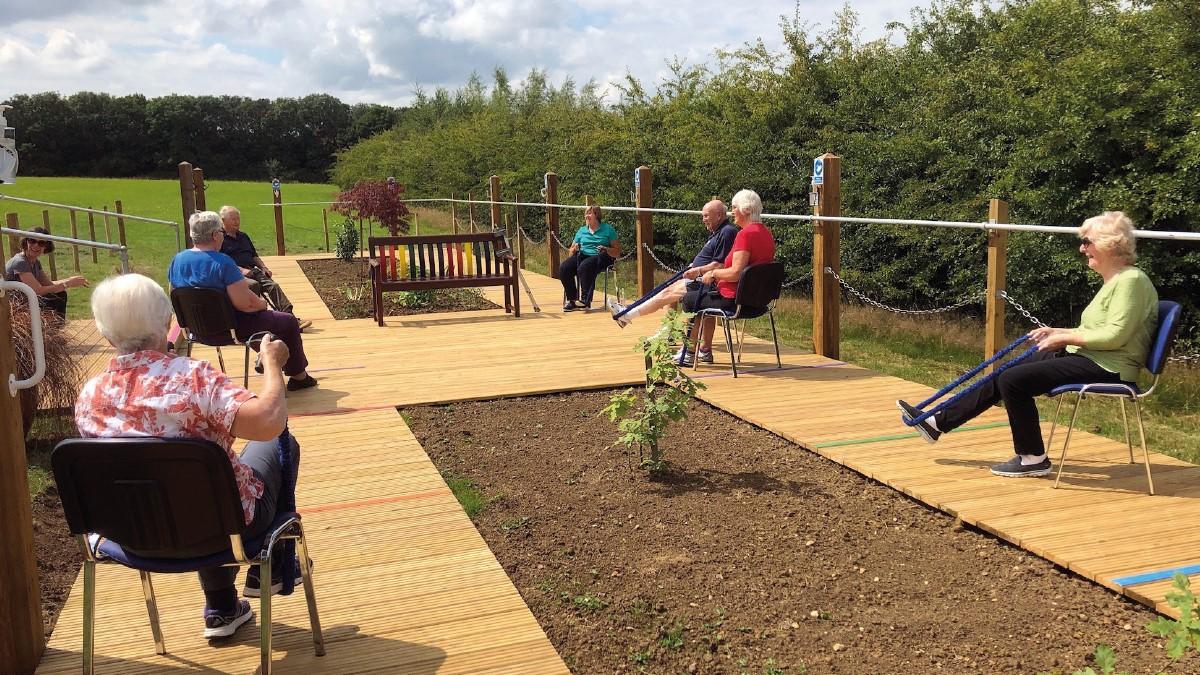The CSP has adapted during 2020 to support its members on the health service frontline...

The novel coronavirus Covid-19 has had a bigger impact on lives and livelihoods in the UK than any event since the Second World War.
CSP Council initiated a full review of how the organisation responded during the first wave of the pandemic up until 30 June 30. Informed by direct feedback from over 4,000 members, CSP staff and external stakeholders, the review seeks to learn lessons so that we can improve our service and better support our members.
The response of physiotherapists and support workers on the frontline has been phenomenal, including the treatment and rehabilitation of patients arriving at ICUs across the country. CSP members faced a variety of complex challenges, from the provision of PPE, to loss of income and job security in private practice, and the interpretation of evolving government guidelines across four countries.
As a result of restrictions in movement and to reduce pressure on public services, the CSP has been working remotely since the initial lockdown in March. The CSP has long had a local presence across the UK but showed real resilience as over 100 staff from four offices moved to homeworking overnight. Greater flexibility was a standout characteristic as the CSP engaged with members outside of their working hours to provide timely, tailored and relevant advice.
The review indicates a number of areas where the CSP supported members:
- Increased member engagement to meet higher support needs was enabled through the transition to virtual communications across a variety of new channels. These included a daily email briefing, webinars, podcasts, a Coronavirus hub on the website and a seven-day enquiries service during the early weeks of lockdown.
- 80 per cent of members felt they were supported by the CSP during the crisis, compared to just 64 per cent of private practice members. In response we partnered with Physio First to host three Zoom webinars focussed on the issues of those working in private practice, attended by over 1,200 members.
- Increased media coverage and public profile of physiotherapy was achieved while advancing the community rehabilitation agenda in the context of Covid.
- Existing relationships with networks and alliances allowed us to influence key stakeholders including NHS officials and politicians. Through the Social Partnership Forum the CSP lobbied to secure the requirements on employers to conduct specific risk assessments for those at increased risk such as members from diverse ethnic communities. We also strengthened the Community Rehab alliance.
- The CSP has been able to reach more members and engage with activists and volunteers in new ways that save time and travel costs. We have been able to repeat, refine and record sessions to increase participation. Virtual training has been developed for stewards and safety reps.
The way our members have responded to support patients during a time of extreme pressure and anxiety has been a galvanising force for us all at the CSP.
Our ways of working has been transformed and we are actively making changes to how we operate to ensure we continue to be as agile, dynamic and supportive of our members as they need us to be.
Number of subscribers: 1




































